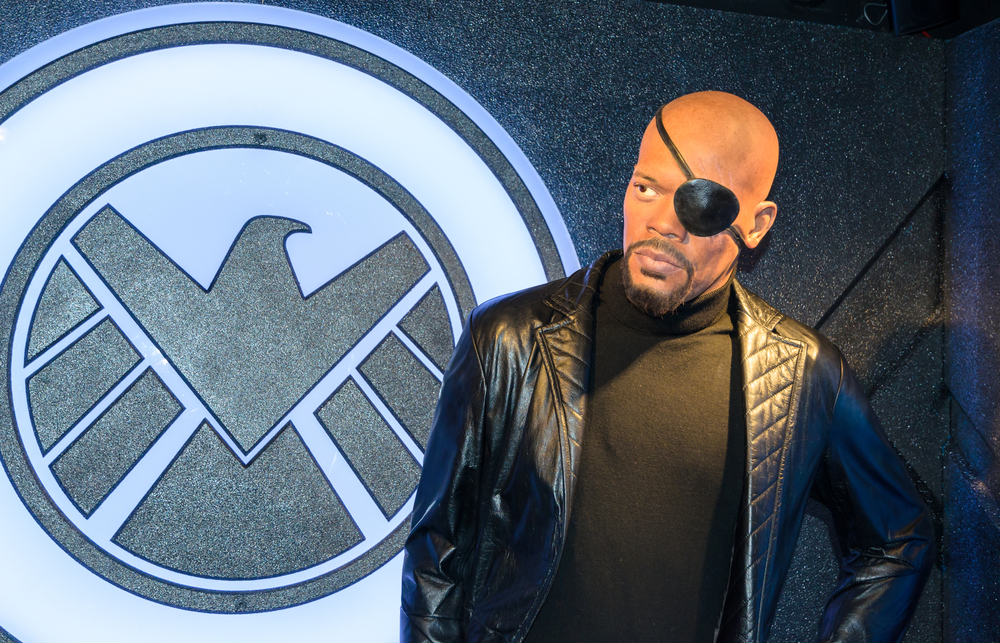AI has caused a stir in the creative industries, where many writers, actors, and artists view technology as directly antagonistic to their trade.
The Writers Guild of America (WGA) initiated strike action in May and was joined by members of The Screen Actors Guild – American Federation of Television and Radio Artists (SAG-AFTRA).
Unions banded together at a rally in Los Angeles last Wednesday attended by members of the WGA, SAG-AFTRA, the Directors Guild, IATSE, the Teamsters, and the American Federation of Musicians. Industrial action has already cost the industry an estimated $1.5bn.
AI’s impact on the creative industry has become a real battleground – creative unions are fighting to protect their jobs and the authenticity of their industry. In another plot twist this week, Marvel used AI to generate the opening credits for its Disney+ series, Secret Invasion, which were subsequently blasted on social media.
Samuel L. Jackson, who stars in Secret Invasion, discussed AI in a recent interview with Rolling Stone.
“People just started worrying about that? I asked about that a long time ago,” said Jackson, while describing his past experiences with on-set ‘scanning.’ “The first time I got scanned for George Lucas, I was like, ‘What’s this for?’”
Jackson didn’t make it clear what producers were scanning him for, but it’s highly likely to be for the purposes of digital effects. But therein lies part of the issue – do actors know what their data could be used for in the future?
He further added, “George and I are good friends, so we kind of had a laugh about it because I thought he was doing it because he had all those old guys in ‘Episode I,’ and if something happened to them, he still wanted to put them in the movie.”
“Ever since I’ve been in the Marvel Universe, every time you change costumes in a Marvel movie, they scan you,” Jackson said. “Ever since I did ‘Captain Marvel,’ and they did the Lola project where they de-aged me and everything else, it’s like, ‘Well, I guess they can do this anytime they want to do it if they really want to.’”
Jackson revealed that he scrutinizes his contracts and refuses to sign any ambiguous clauses.
Some clauses would enable producers to use his data after his death – or ‘in perpetuity.’ This isn’t unprecedented – James Earl Jones, who voiced Darth Vader, approved the use of AI-generated voice replicas for that character.
Is AI the future of TV and film?
With AI, producers could build a database of 3D models. Why hire new actors when you’ve got digital copies of Hollywood’s very best?
Such a scenario would be its own sci-fi movie plot brought to life by AI, where deceased actors fight out battles in their immortality.
“Future actors should do what I always do when I get a contract, and it has the words ‘in perpetuity’ and ‘known and unknown’ on it: I cross that **** out. It’s my way of saying, ‘No, I do not approve of this,’” Jackson advised.
AI companies already offer state-of-the-art software for simulating realistic environments with minimal human input, including generating animated scenes from text prompts.
If creative industries don’t fight back, it’s entirely possible that a stack of AI tools will replace the intricate network of professionals that made film and TV what it is today.





